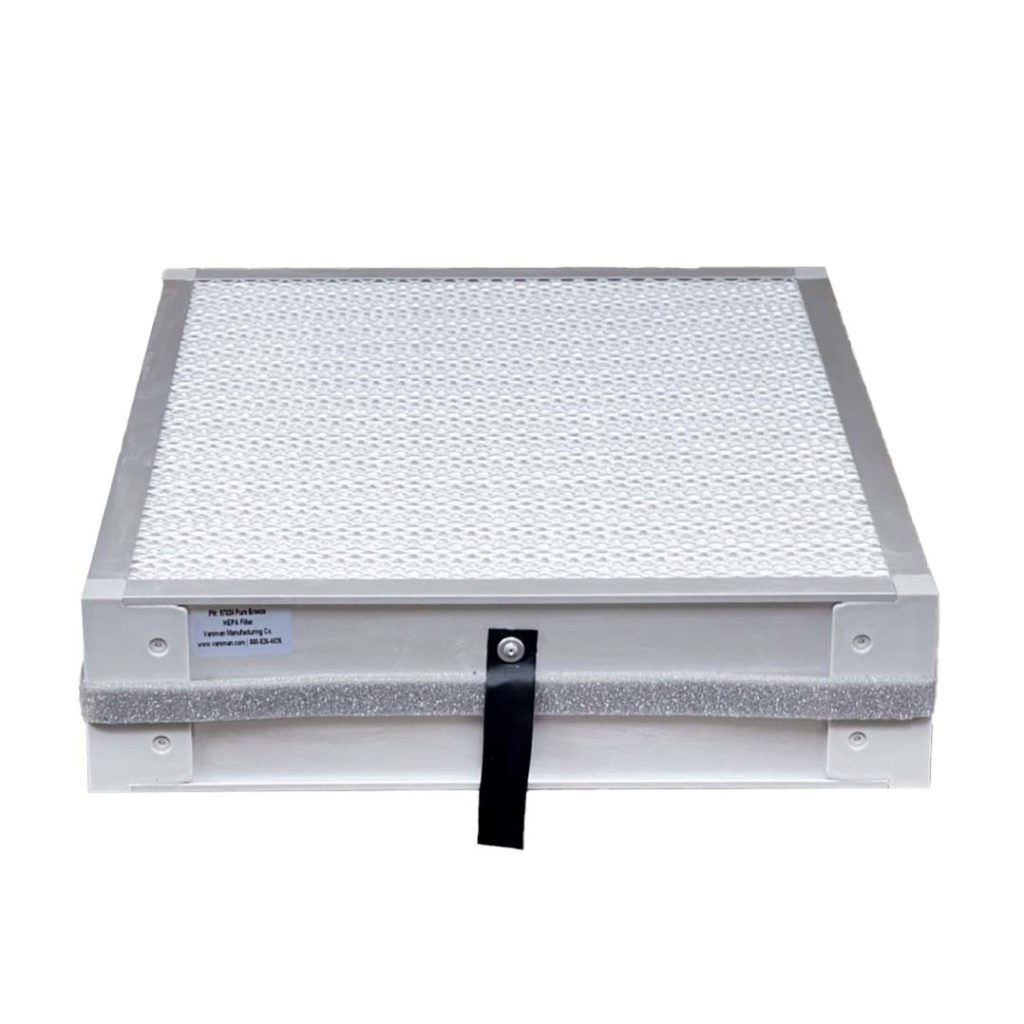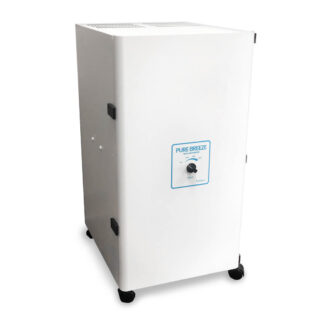
A recent class action lawsuit filed against a North Carolina-based manufacturer has shined a spotlight on bipolar ionization as a solution for indoor air quality during the COVID-19 pandemic. In a nutshell, the lawsuit alleges that the company engaged in “fasle, deceptive, and misleading” advertising, and that the products were not only incapable of performing as marketed, and could even make the indoor air quality worse for people.
The lawsuit has only been filed this week, and there’s no word yet as to whether it will move forward in court. At this point, it is only allegations. However, merely filing such a wide-reaching class action lawsuit (representing anyone in the U.S. who purchased one of the manufacturer’s named products from the suit) highlights the dangers of rushing to purchase equipment offering unproven technologies.
The company’s products named in the lawsuit utilized a particular kind of technology called bipolar ionization. As we have stated previously, this is an unproven technology for dealing with COVID-19. Various other independent studies – such as this one from a handful of aerosol scientists, including Delphine K. Farmer – have shown no significant impact from bipolar ionization on reducing aerosols of the size indicated by the defendant. At one point, even airliner manufacturer Boeing ran their own tests to see if bipolar ionization would be adequate for air travel and found it would not.
In this specific case, independent studies found that the product lineup not only wouldn’t provide any significant safety or air quality improvement as advertised, but could in fact introduce harmful byproducts to indoor spaces, such as:
- Acetone
- Ethanol
- Toluene
- Additional harmful compounds
The lawsuit alleges these toxic substances could cause a range of health issues, including:
- Irritation to eyes, throat, nose, and lungs
- Damage to the brain, muscles, liver, and kidneys
- Exacerbation of heart related issues
- Fertility issues
- Harm to unborn children
It is true that several manufacturers of air purifiers use technologies not recommended by the CDC. Bipolar ionization is one such technology.

Our advice remains: focus on HEPA filtration. It is a simple and elegant solution to a broad range of air quality related issues.
The CDC recommends considering in-room portable HEPA filter air purifiers in conjunction with continued mask use (for now) and indoor/outdoor exchange and increased filtration in ventilation systems. The CDC, very specifically, does NOT recommend bipolar ionization or any other untested, unproven, or potentially harmful technology to keep indoor spaces safe during the COVID-19 pandemic.
Information on our Pure Breeze HEPA Air Purifier can be found here on our website. (For large orders, please feel free to contact us directly about bulk pricing!)
-
 Refurbished – Pure Breeze HEPA Air Purifier – 10534$1,250.00View Details
Refurbished – Pure Breeze HEPA Air Purifier – 10534$1,250.00View Details -
 Pure Breeze HEPA Air Purifier – 10360A$1,926.86 – $2,055.86View Details
Pure Breeze HEPA Air Purifier – 10360A$1,926.86 – $2,055.86View Details
OSAP Panel on Ventilation and Air Purification (Highlights)
Sources:
ClassAction.org: Falsely Advertised?: Class Action Claims Global Plasma Solutions’ Air Cleaning Products ‘Make the Air Worse’ – https://www.classaction.org/blog/falsely-advertised-class-action-claims-global-plasma-solutions-air-cleaning-products-make-the-air-worse
Boeing: Use of Bipolar Ionization for Disinfection within Airplanes – https://www.boeing.com/confident-travel/research/use-of-bipolar-ionization-for-disinfection-within-airplanes.html
CDC: Ventilation in Buildings (What is a HEPA filter and why use a portable HEPA air cleaner?) – https://www.cdc.gov/coronavirus/2019-ncov/community/ventilation.html#refphf
